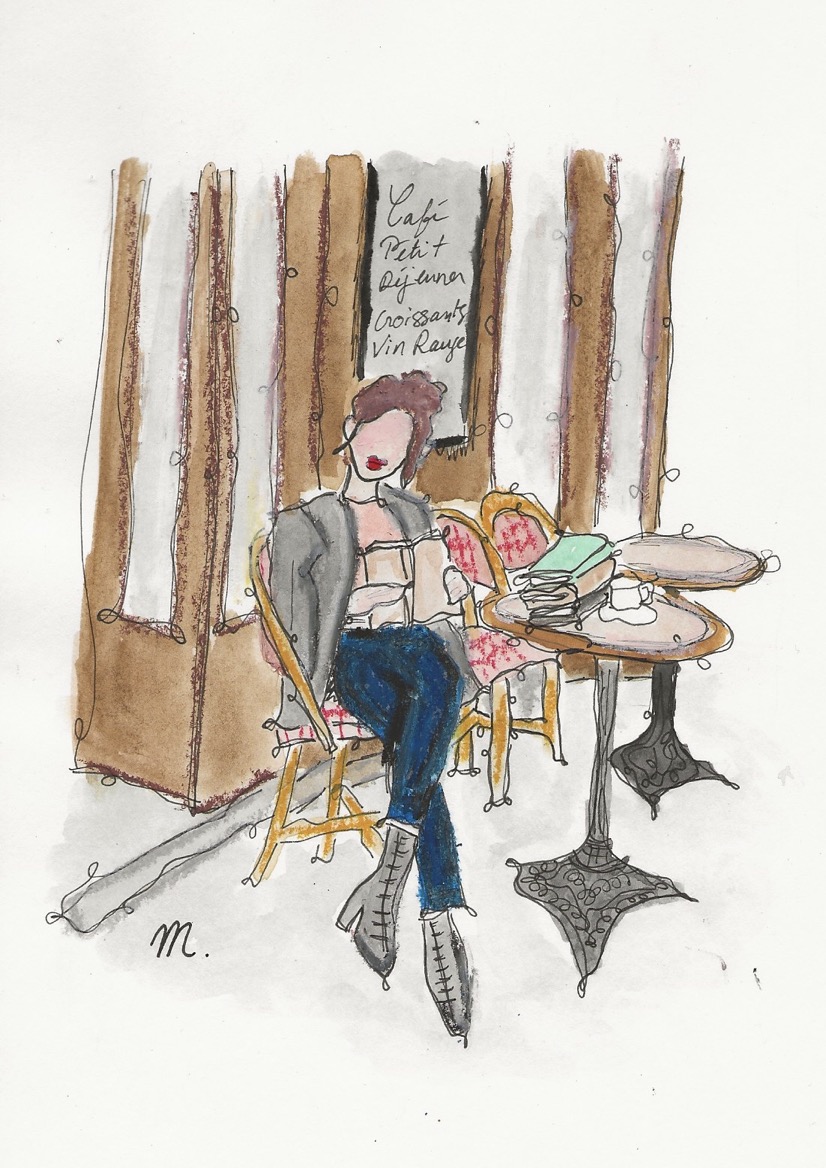january 2022
je lis trop
powder, toast, allure
When the festive season ends, there's a certain longing that lasts – longing for warmth, comfort, richness of color. I find the Christmas chaos disorienting, not to be missed when it’s over. But I do want to retain small glimmers of it. I am thinking of colorful candy wrappers, a pile of books, aroma of a vanilla cake and cocoa powder, a handmade postcard with just a few words scribbled on it, a gifted bottle of fresh, floral perfume, placed in a cabinet among other bottles, and the trail that perfume leaves on a woolen scarf… (I like the contrast – the smell of flowers and mandarins, oozing in the landscape of snowy days).
I used to be fascinated by the beginning of the new year; this fascination is much weaker now, although I still feel an obligation to give it a thought or two on the last day. It’s an echo to the past when I’d write a detailed summary of the year that ended, analyzing every memory, situation, achievement. I have replaced summaries with short conclusions and do not overthink my goals. When January starts, I see it as a pale, mute month; time better fitted for slow starts than imposing plans. For now, I do nothing more than hold on to small, inconsequential things. I could be noticing a sugary scent of oatmeal porridge travelling through the café. It happened when I was waiting for a friend; it lasted just a moment, just a fraction of it, but I keep thinking about it. I could be looking at a notebook with a fairy on the cover, figure surrounded by animals, hair falling in golden waves. It was so sweet, childish-like; I saw it in a foreign city and thought it would be perfect to write dreams in. Or I could be thinking about the fashion documentary I recently watched, approximately one hour and forty minutes of gazing at marvelous confections on the screen.
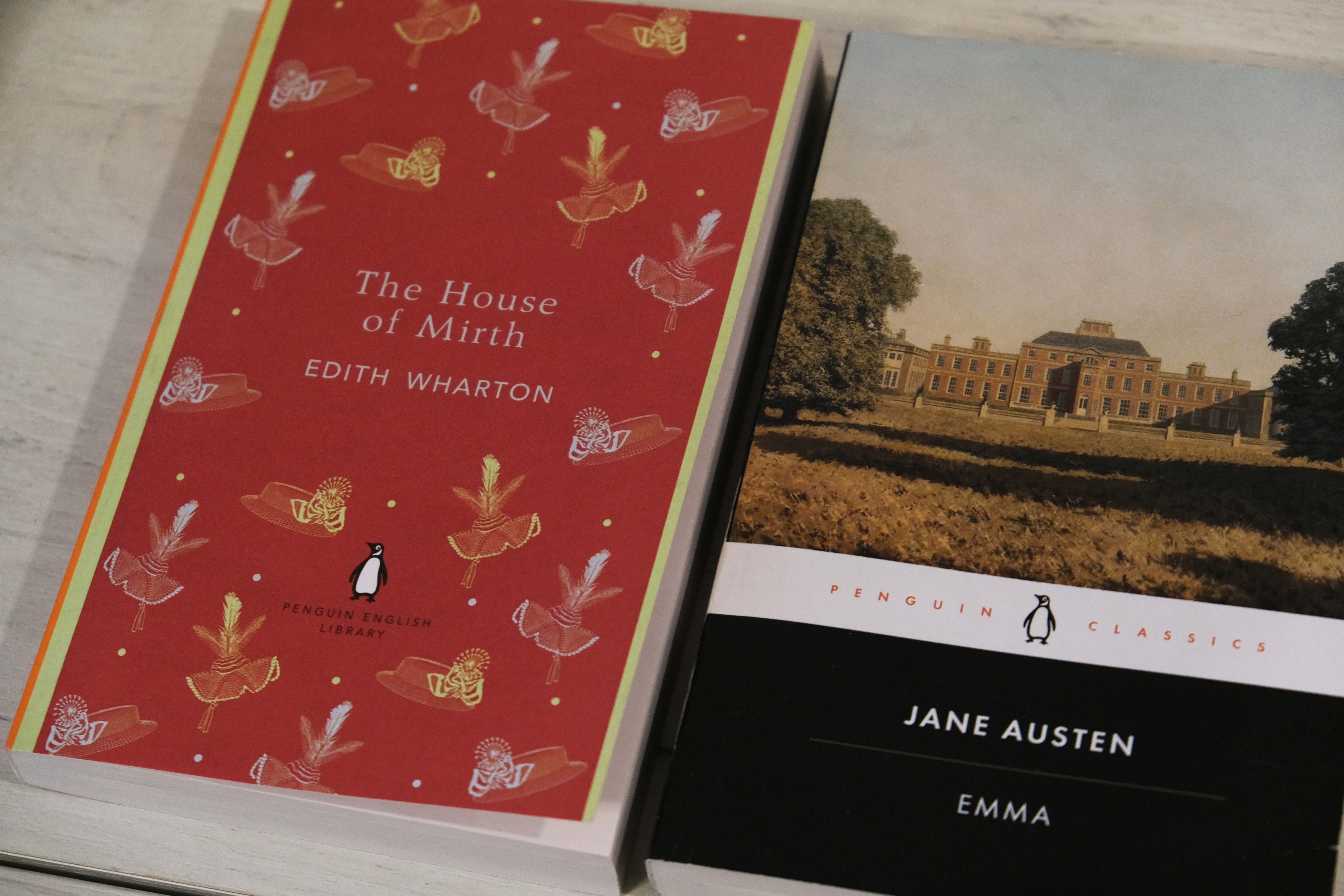
Literature classics, with their polished language and imagery, can usually bring that kind of contentment. Last January, 's Emma kept me company, this year it's 's House of Mirth. To be fair, Emma is a much lighter book; playful, innocent. Emma, a confident young lady, navigates the social life with little reserve and causes trouble with her games of matchmaking. But things fall into place, Emma gets her happy ending, and the reader closes the book with a conviction that only good things will happen to her. Society games in The House of Mirth are of entirely different sort – much more ominous and unpredictable.
The House of Mirth is about a desire to attain beautiful things – to be surrounded with them, to live among them. Comfortable, luxurious living is the end goal. Lily Bart, the woman at the heart of the story, is an idealist, fond of pictures and flowers, sentimental fiction, persuaded that her impeccable taste ennobles “her desire for worldly advantages”. At twenty-nine, she’s not married yet. To have all those worldly advantages, she should be. Lily thinks that with a little bit of wisdom and effort she can win her place among those who do not have any material worries and live securely in a shelter of abundance. However, in the society of those times (the book was published in 1905), society of “cosmopolitan pleasure-seekers”, the smallest misstep or misunderstanding amounts to a scandal and a scandal amounts to the end of all aspirations. Despite her delicacy and despite the graceful image she’s presenting to the malicious public eye, Lily gets entangled in questionable relationships and her chances of finding way back are growing smaller with every page. I don’t think there was another literary character for whom I had wished a happier ending more desperately than for Lily Bart.
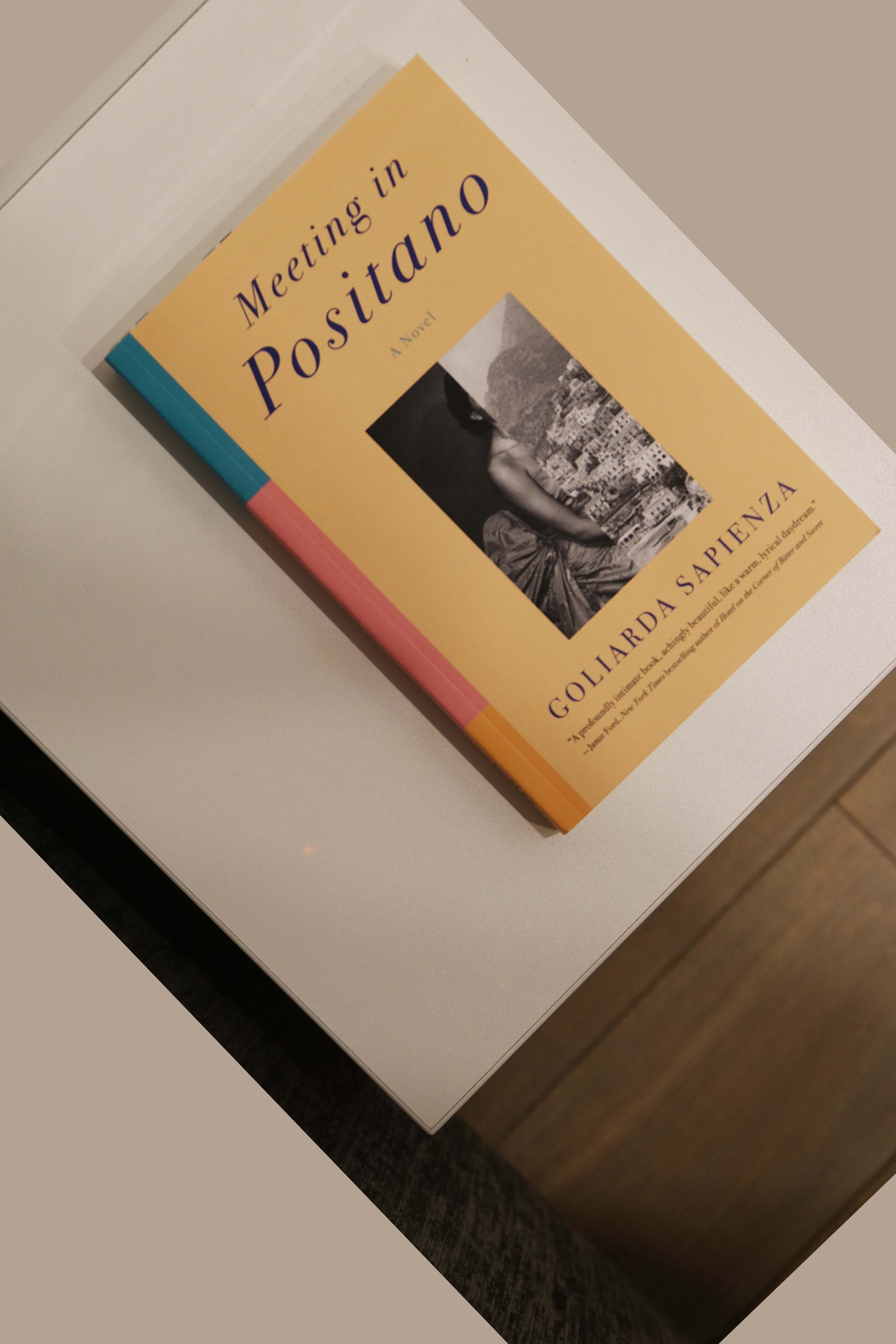
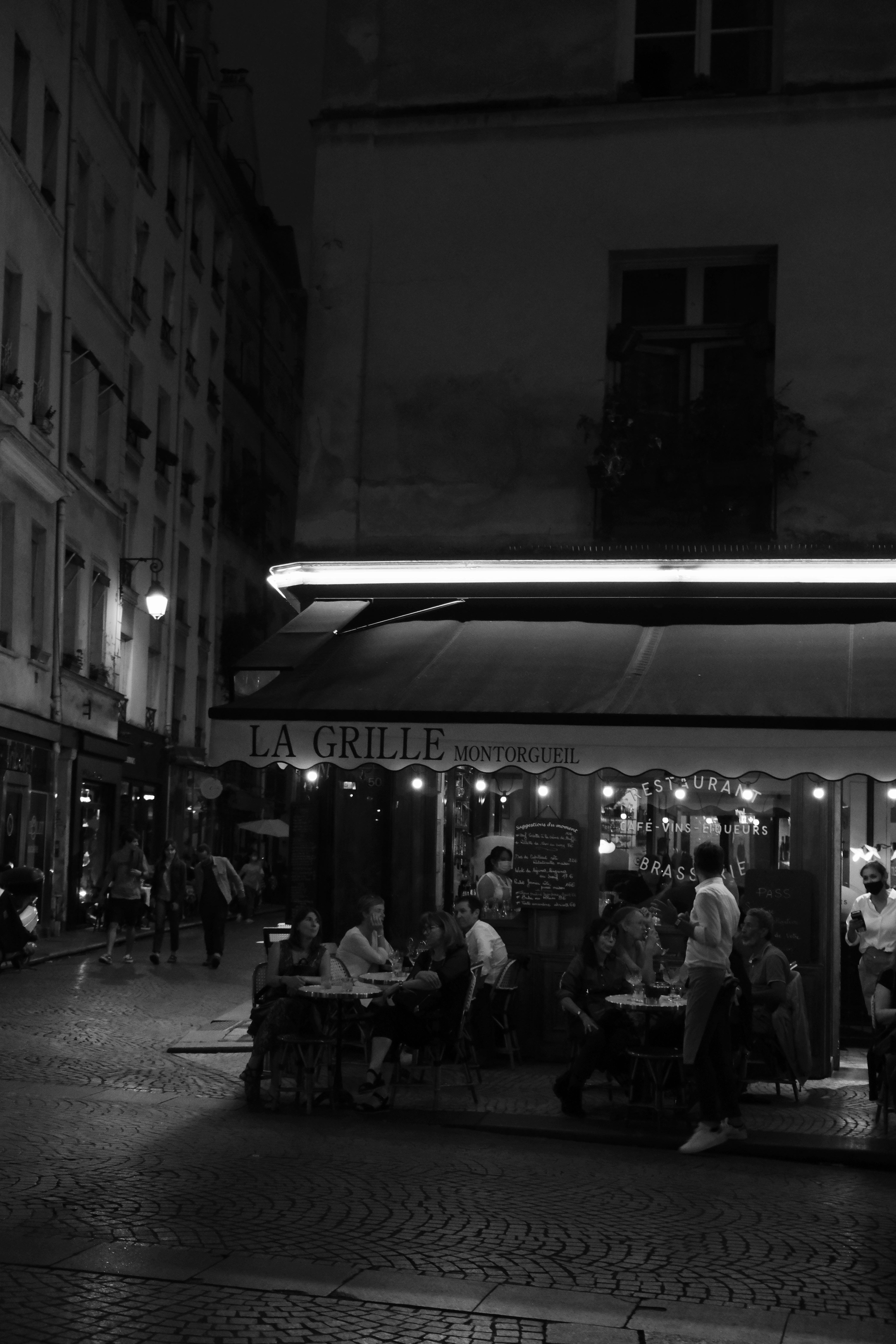
In further pursuit of beauty, and perhaps something a little more modern, a little less tragic, I thought I was bound to find it in a book where sentences are full of yellow blossoms and white aprons, coffee and marmalade jars, cuchuflís with caramel and sandwiches, orange juice and French toast, lemons, plums, tangerines; where sentences are colored by the shades of a tropical sunset, orange moon, silken warm water. The book I'm writing about – 's Evening in Paradise – is a rare example of haunting beauty. I did not know a single thing about Lucia before reading this collection of short stories, but the introduction written by her oldest son and some additional reading on the side painted a picture of a stylish, rebellious woman, who led an unconventional life. Three marriages with different artists, four sons, frequent relocations, changing cities and countries – just a couple of paragraphs on her life are enough to make one’s head spin.

The stories collected in Evening in Paradise reflect her personality and are based on her recollections. They take place in Paris (France), Santiago (Chile), Yelapa (Mexico), and then all over the United States – New York, of course, El Paso in Texas, Albuquerque in New Mexico (the only reason I know Albuquerque is because it’s tied to the world of Breaking Bad; it was a pleasant surprise to find this city in the pages of a book and add similarly eerie, only literary associations on top). What we see in these cities: Girls spending their nights under the blanket of stars, the glamorous spectacle of motorcycle races, Hollywood celebrities in bars, women tending to their plants and bathing their children. I was right, in a way, by assuming I will find beauty here – it’s in all these dazzling details I only hinted at above. But the stories are dark and unsettling, attesting to the strangeness or even morbidity of relationships. Stars disappear in the rain, races end in spectacular tragedies, celebrities witness unsavory fights, and women struggle to find any meaning in their everyday motions. The allure of Lucia Berlin’s work lies in her storytelling abilities, and it’s a relief to know that this book I randomly picked off the library shelf is not even her most famous one.
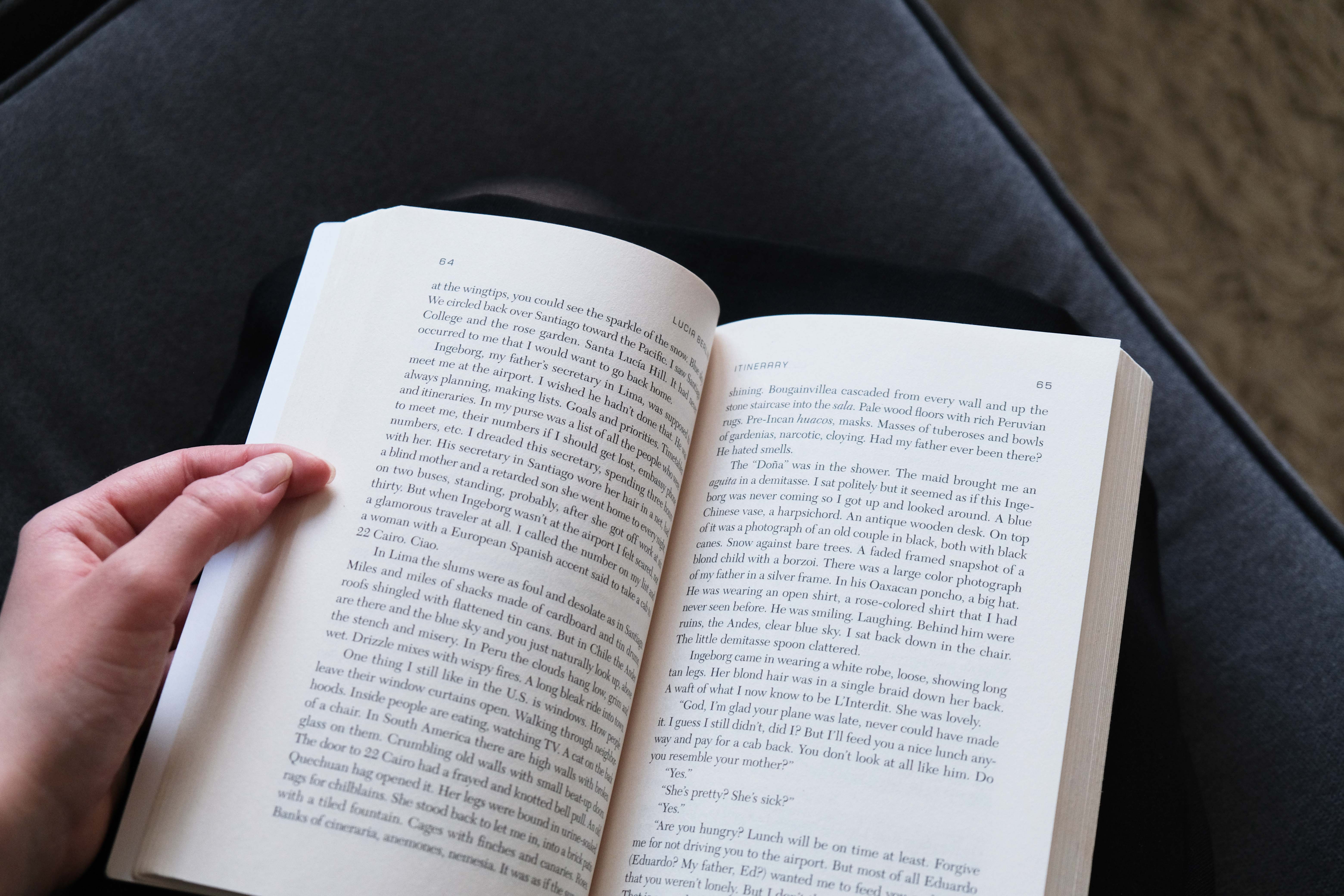
The House of Mirth and Evening in Paradise are gorgeous books. I wanted to start the year writing about them both, but I also wanted to include a positive, purely joyful kind of book – not ignoring the complexity of human life, but deliberately focusing on the good. And yet I haven’t come up with anything that could fit one hundred percent into this category. There is always Proust, of course. Fashion books can also serve this purpose nicely, but I’m planning on mentioning one in the next essay. I have recently started reading 's Meeting in Positano and I wonder if it could be that kind of story. Under the sun of Amalfi coast, in the pink light of Positano mountains, an actress from Rome meets a mysterious “princess” of the resort. The rest of the story should be focused on the development of their unexpected friendship, and judging from the first chapters, I expect that story to be full of charming sights as well as details from Italian history and culture.
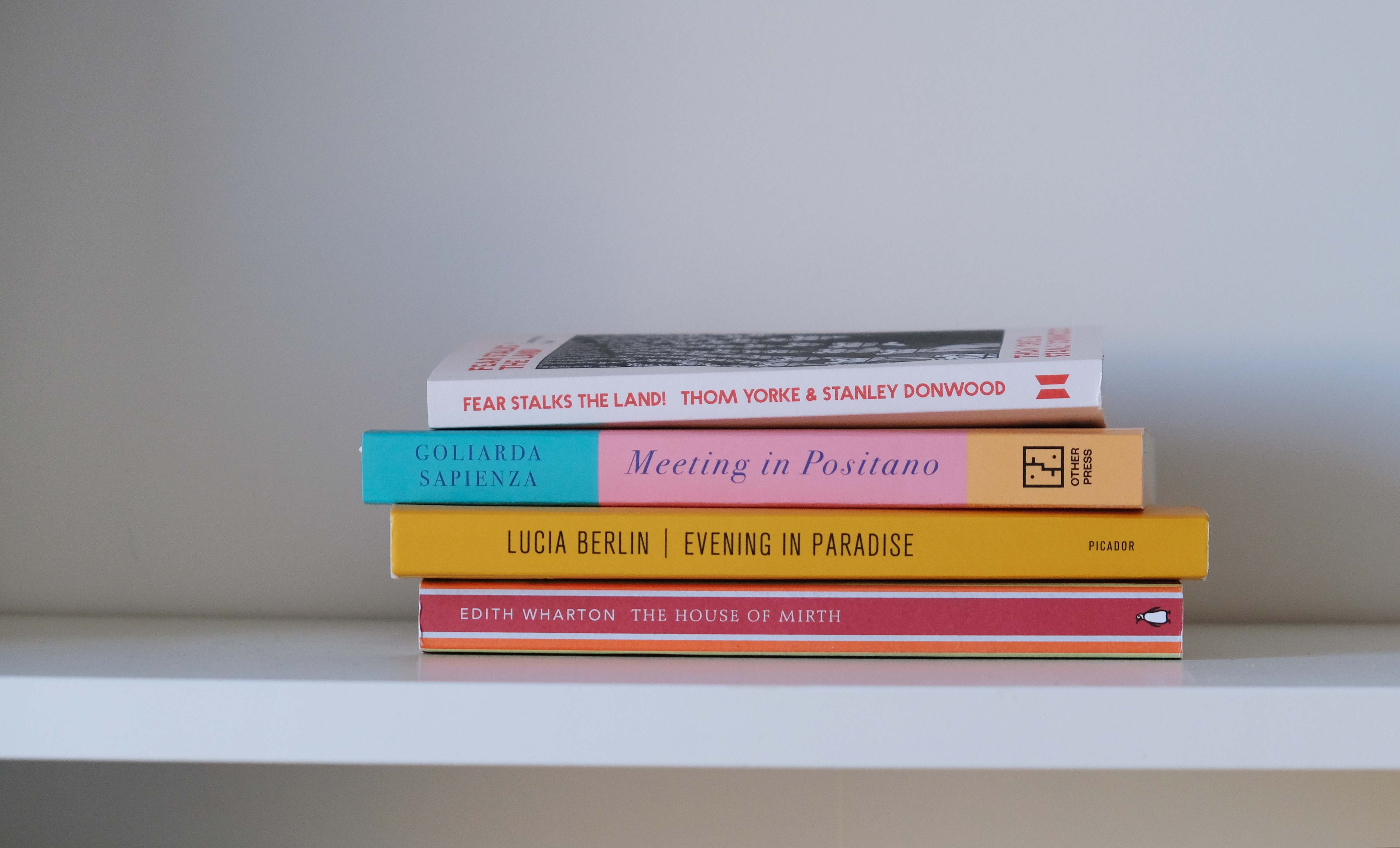
P.S. falls one hundred percent into the positive and joyful category. But more on her in the future.
